As individuals age, they often encounter various health challenges, and one of the most common issues is hearing loss. Hearing aids for seniors have emerged as an essential tool to help enhance quality of life by enabling clearer communication and reducing social isolation. With the gradual, sometimes imperceptible onset of hearing loss, many seniors may not even realize they need assistance until their daily conversations become difficult. Hearing aids are not just devices; they represent a lifeline to richer social interactions and connectivity with loved ones.
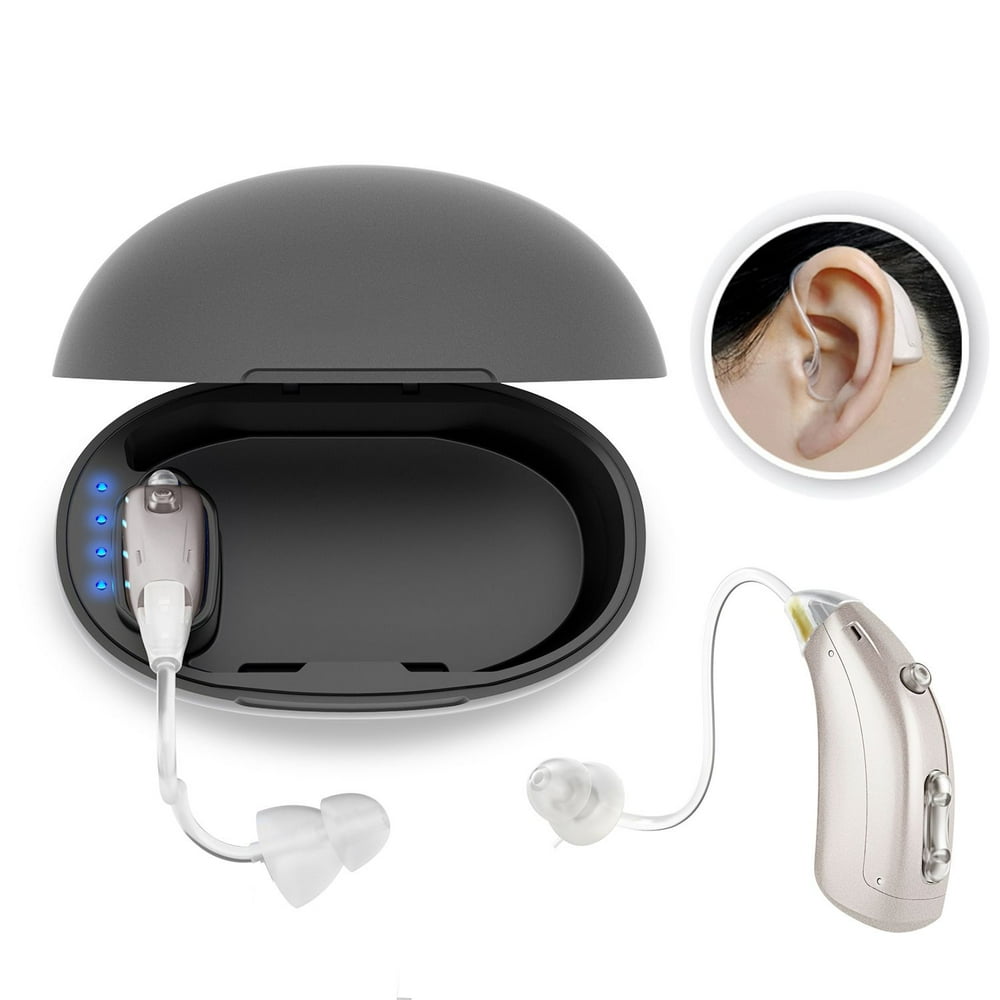
hearing aids for seniors
The technology behind hearing aids has come a long way. Modern devices boast advanced features such as Bluetooth connectivity, noise cancellation, and personalized sound settings tailored to individual hearing profiles. Seniors searching for hearing aids often have specific needs, such as ease of use and comfort, which are paramount in their selection process. Buying guides and expert advice play a critical role in helping seniors navigate this complex market. Understanding which type of hearing aid is appropriate—as well as reviewing customer testimonials and professional recommendations—can lead to informed decisions. Available options range from behind-the-ear devices to more discreet in-the-ear models.
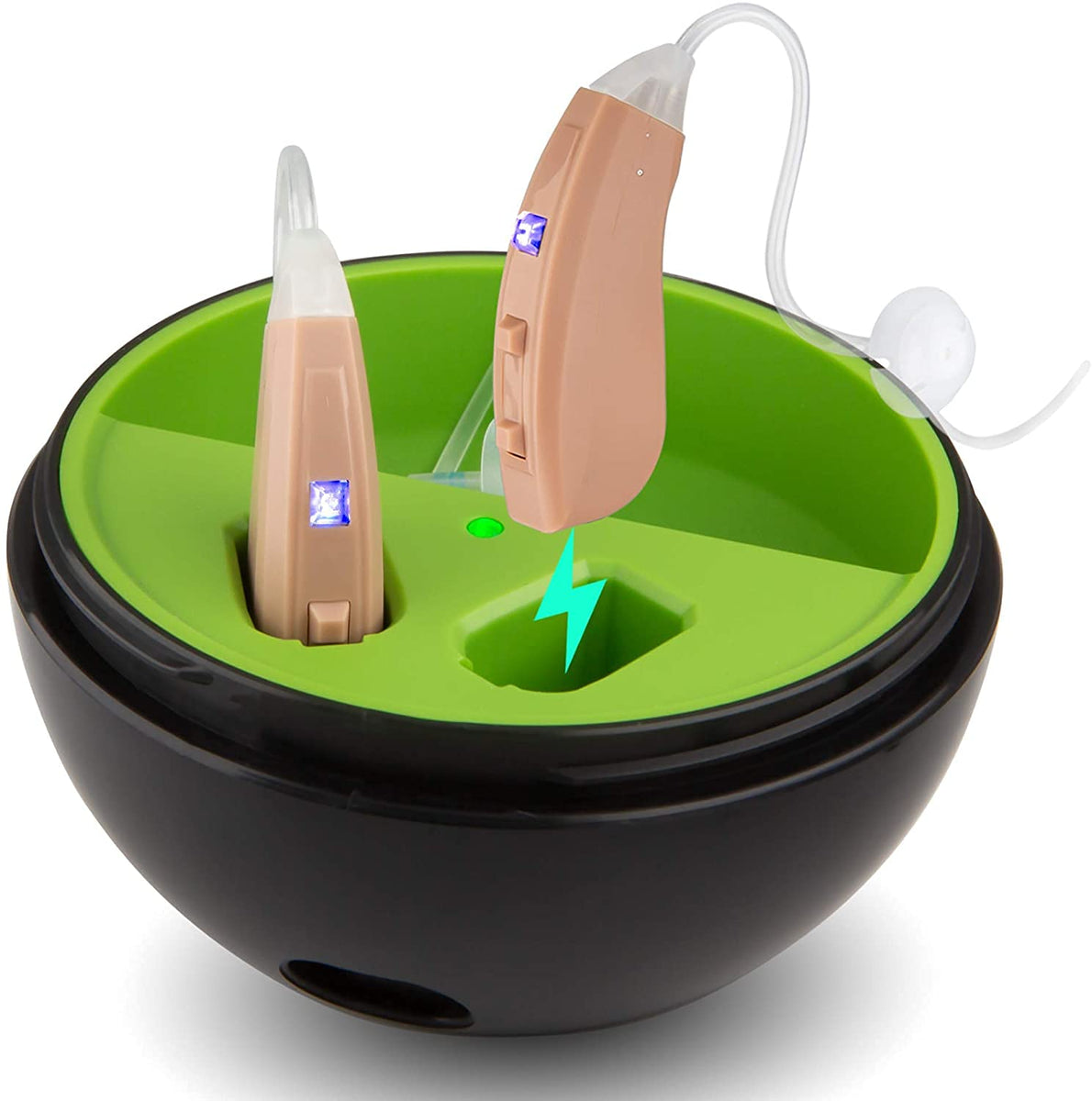
hearing aids for seniors
Understanding Hearing Loss in Seniors
Hearing loss in seniors often results from age-related changes in the auditory system. According to [National Institute on Deafness and Other Communication Disorders](https://www.nidcd.nih.gov) (rel=”nofollow”), nearly one in three seniors aged 65-74 have hearing loss. It is crucial to recognize the signs, which can include difficulty following conversations, turning up the television loud, or withdrawal from social situations. Addressing these issues early often leads to better outcomes, reinforcing the importance of regular hearing evaluations.
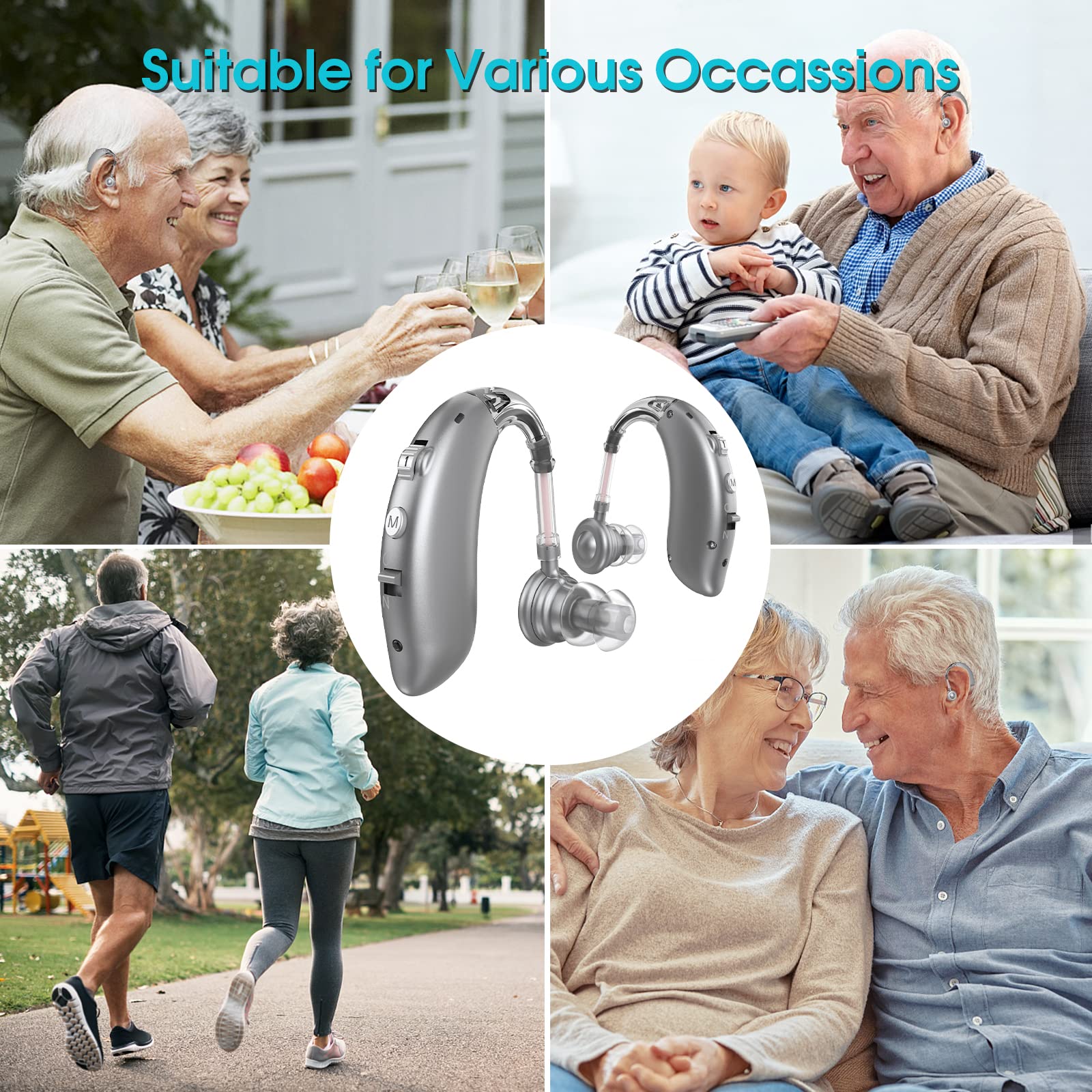
hearing aids for seniors
Types of Hearing Aids
Choosing the right type of hearing aid is critical for effectiveness. The main types include:
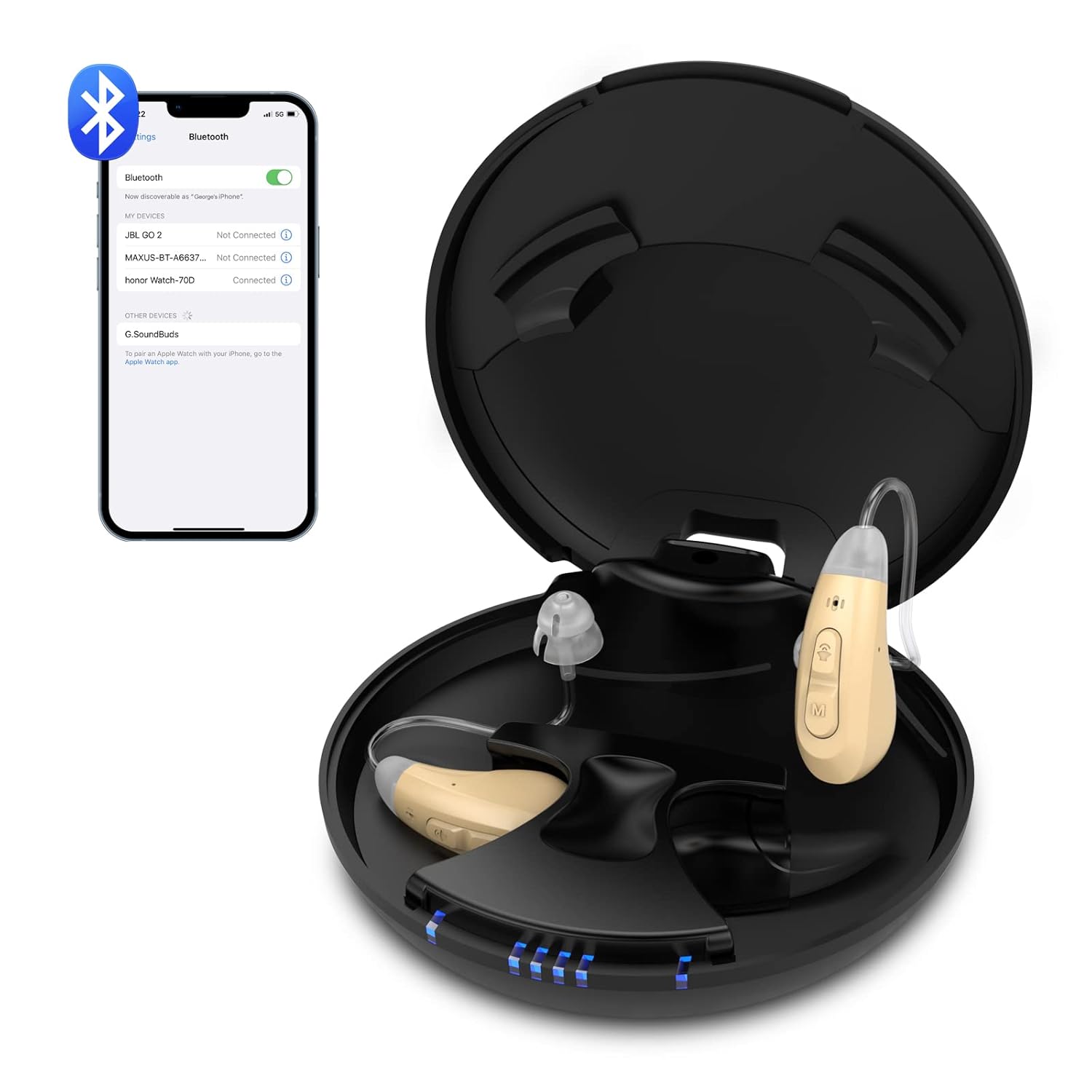
hearing aids for seniors
- Behind-the-Ear (BTE): Suitable for various levels of hearing loss, featuring a plastic case worn behind the ear.
- In-the-Ear (ITE): Custom molded to fit the ear canal, ideal for milder to moderate hearing loss.
- Receiver-in-Canal (RIC): Combines the BTE and ITE features, offering a less visible option with great sound quality.
Understanding these types can aid in making an informed decision, particularly when considering factors like comfort and sound amplification.
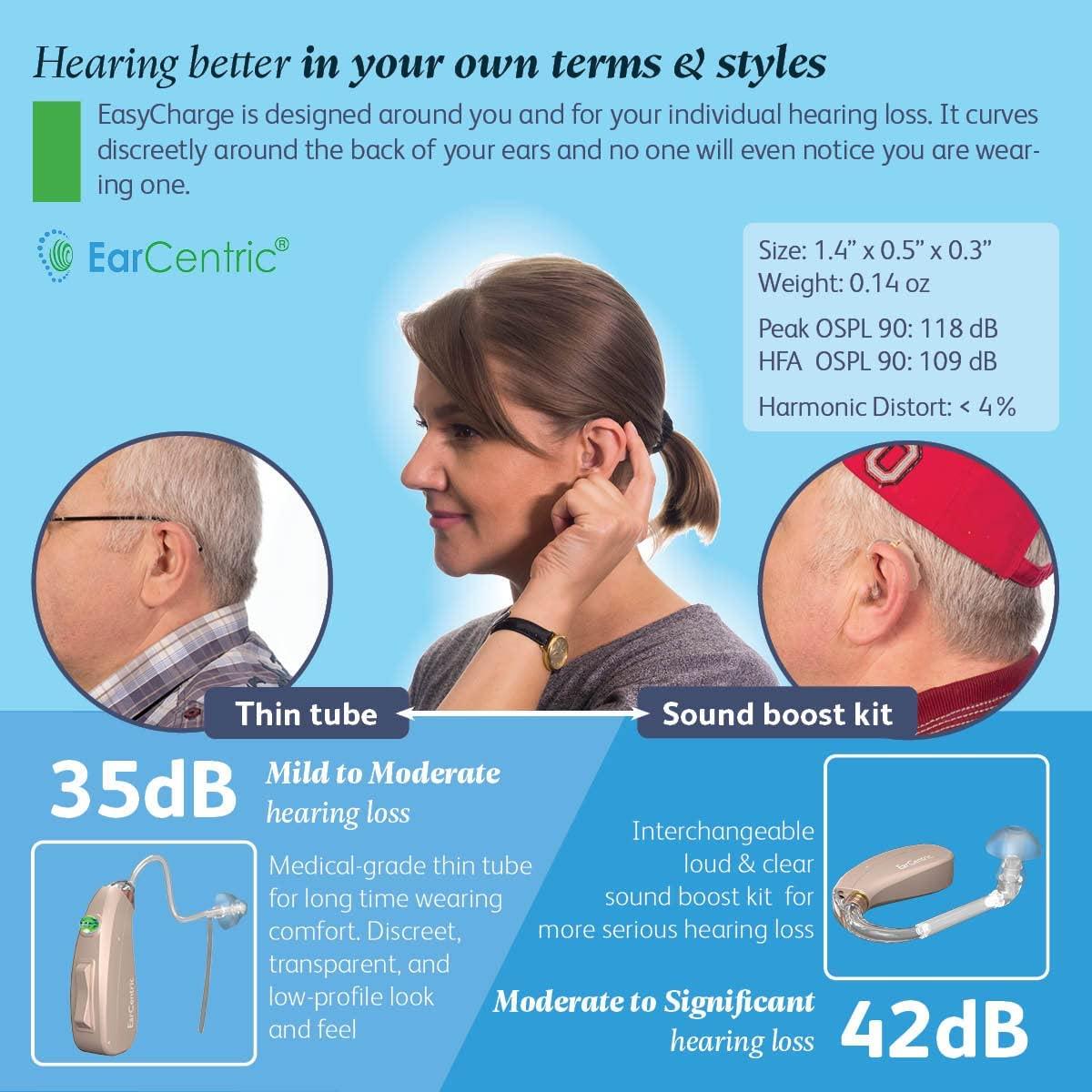
hearing aids for seniors
Tips for Buying Hearing Aids
When shopping for hearing aids, seniors should consider the following:
- Consult an audiologist for a tailored assessment.
- Look for features that suit your lifestyle, like water resistance or touch controls.
- Consider warranty and trial periods to test device comfort and performance.
Utilizing resources like the [American Speech-Language-Hearing Association](https://www.asha.org) (rel=”nofollow”) can provide valuable insights into selecting the right hearing aids.
Real-Life Examples and User Recommendations
Many seniors have found success with models such as the Oticon Opn S, praised for its sound quality and smart technology. Others recommend Phonak Audeo Paradise for its ease of use and Bluetooth connectivity. Testimonials reveal that users appreciate the ability to engage more fully in conversations, indicating the positive impact hearing aids can have on daily life.
Frequently Asked Questions (FAQPage)
https://www.youtube.com/watch?v=
1. What should I expect during a hearing test?
During a hearing test, an audiologist assesses your ability to hear different sounds and pitches. This personalized evaluation helps identify the specifics of your hearing loss and guides the selection of appropriate hearing aids.
2. How do hearing aids work?
Hearing aids amplify sound through microphones, processes these sounds digitally, and delivers amplified sounds into the ear to improve hearing capability. They adapt to the wearer’s hearing loss levels.
3. Are hearing aids covered by insurance?
Insurance coverage for hearing aids varies. Some plans may cover a portion of the costs, while others do not. It’s essential to check with your insurance provider for specific benefits, especially for seniors with Medicare.
4. How long do hearing aids last?
Hearing aids typically last about 3-5 years, depending on usage and maintenance. Regular check-ups can help prolong the life of the device and ensure optimal performance.
5. Can I use hearing aids with my smartphone?
Many modern hearing aids offer Bluetooth connectivity, allowing users to connect directly to smartphones. This feature enables hands-free calling and streaming audio, enhancing the overall user experience.
Conclusion
Investing in hearing aids can significantly improve the quality of life for seniors facing hearing loss. With advancements in technology, a variety of models to choose from, and valuable resources available, seniors can find the perfect hearing aid to fit their needs. If you or a loved one is struggling with hearing, don’t hesitate to explore the options available. Reach out to a hearing care professional today, and take the first step towards clearer communication and a more engaging life.